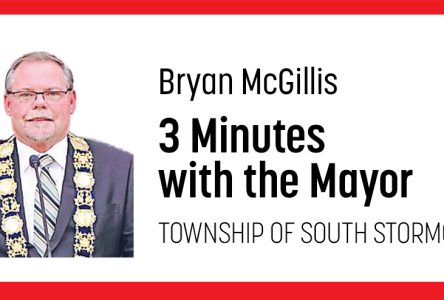It seems like everyone is hiring right now in Eastern Ontario. There certainly doesn’t seem to be a shortage of jobs, but there does continue to be a struggle to get those jobs filled.
Some have pointed to the Canadian Emergency Recovery Benefit (CERB) as the reason why employers are having a hard time finding labour. People would rather stay home and collect up to $500 a week than go to work. From the people I’ve spoken to, I believe that this is partially true, but the real facts are a little more complicated and symptomatic of a greater problem in our local, national, and international economies.
It isn’t just that people would rather collect $500 a week and work. It is also that people would rather collect $500 a week and not have to pay for childcare or gas as often on top of earning a wage that could be as much as CERB, or in some cases even less.
CERB and other social safety nets also did not create a worker shortage.
Prior to the pandemic, major local employers were trying very hard to fill employment vacancies. Olymel is just one example where prior to the pandemic, they had a program where they would bus in workers from Quebec on a temporary basis with the goal of having these employees permanently move to Cornwall.
This past week was the annual Cornwall and Area Job Fair. While it is not secret that the turnout wasn’t as high as some would hope, it is consistent with a downward trend related to this event as far as potential employees go. The 2018 Job fair had over 1,000 people show up seeking work, the following year saw a little over half that number.
Cornwall’s unemployment rate has also been dipping in recent months from the highs we experienced during he pandemic. The unemployment rate in Cornwall is about 6.9 per cent, with Eastern Ontario as a whole being even lower at 6.4 per cent. This is the lowest unemployment rate for the region since the pandemic began.
So where are these employees going? While certainly some did take up CERB and stay home, others simply have taken themselves out of the unemployment pool all together by becoming entrepreneurs. I can’t be the only one who can think of a few new businesses that have popped up over the past year, with even a few more that I know of who are waiting to open their doors.
A valid issue with CERB is that it became a competition for potential employees. Some workers were making more on CERB. So, is it the employers fault for not raising their wages? No. Not entirely. Employers felt and have been feeling the squeeze the pandemic placed on the economy.
In September, Statistics Canada reported that inflation pushed the Consumer Price Index up by 3.2 per cent over the past year. That means that unless your boss gave you a raise this year of 3.2 per cent, you earned less this year that you did last year and this goes for employers too. I can’t imagine many small businesses can say that they had a 3.2 per cent gain in profits over the last year.
This inflation has been particularly hard on individuals though because it has primarily affected food, specifically meats. Over the past month alone the cost of 1kg of pork chops has risen by nearly a dollar.
The real problem wasn’t CERB. The real problem is that inflation is making things more expensive, and businesses who are feeling the squeeze aren’t able to provide wages that can compete with the social safety net.
My argument is that the social safety net should be redeployed. I think we should seriously start looking at using those tax dollars to create wage subsidy programs or a universal basic income. This way, employers wouldn’t be trying to compete for workers by being forced to raise their wages too much.
The fact is that CERB did solve a problem. It kept people who legitimately lost their employment from falling into poverty and allowed those people to re-invest that money back into the economy by giving them purchasing power.
Now however, we have a new problem. Rather than businesses being closed due to health orders, they are re-opening again and are desperately in need of labour. Pandemics throughout history often upset the relationship between labour and employers and this is the challenge we are facing now. I believe that wage subsidy programs or a universal basic income would keep money flowing into the economy, take pressure off of employers and get people back to work.
What do you think readers? Email me your Letters to the Editor at nseebruch@seawaynews.media





